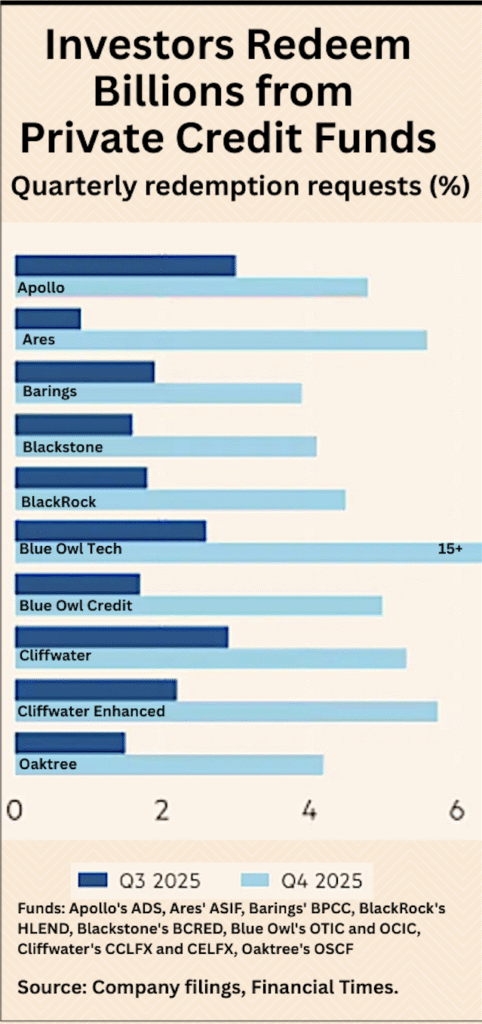
Deficient Frontier
A forthcoming research article suggests that the concept of the efficient frontier should be replaced—and in practice is often replaced by planners—by the more flexible concept of the 'efficient range,' which incorporates principles of behavioral finance.




